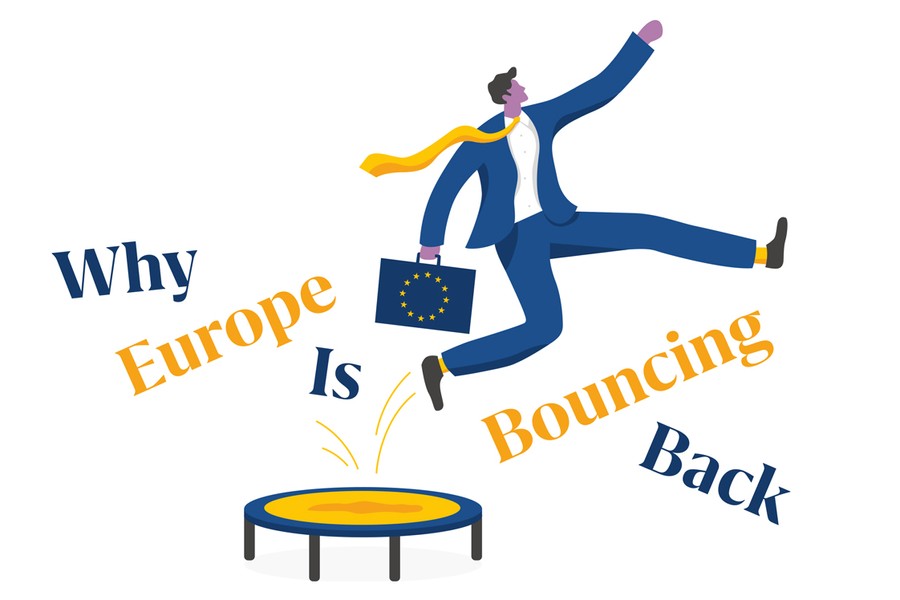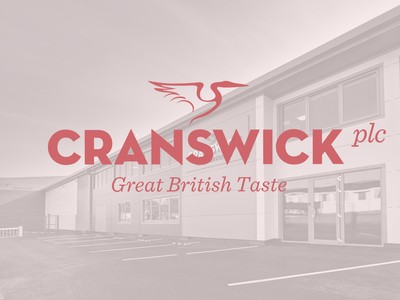As Europe seemingly shrunk in size, one could be forgiven for questioning whether it has also shrunk in relevance. Of course, we think not. Europe is very attractive right now but perhaps not for the reason you might think.
During my 20-year career, I have seen the continent move through different market environments and learned by experience that the region, regardless of the macro backdrop, offers interesting long-term opportunities. While the environment constantly changes, the embedded fundamental characteristics of businesses are what ultimately define their likelihood of succeeding. This understanding moulded our investment philosophy decades ago and still stands true today.
A year to forget?
2022 was a difficult year for world equities, and particularly for European markets. The region suffered primarily due to inflationary pressures bought about by the post-pandemic recovery and exacerbated by the war in Ukraine. The subsequent interest rate rises, a tool central banks used to fight inflationary pressure had a crushing impact on markets.
Since August last year, not only have European equity markets gained in value on an absolute basis but have done so almost at par with US stocks. As a result, investors are looking back at the region with a newfound interest and are taking advantage of the huge derating effect that 2022 had on companies’ prices across the board. Momentum has been building since November and is now palpable. Multiple factors contributed to this but, above all, the unexpected resilience of the European economy as a whole.
Looking under the bonnet
While the favourable macro picture is welcome, we spend most of our time assessing the quality of each company’s financials, strategic planning, governance dynamics and the impact they have on the environment or society.
More specifically, our philosophy is that companies with the best long-term prospects, regardless of the economic scenario, exhibit two characteristics: they can demonstrate a history of sustaining high profitability through the economic cycle, and they can find attractive opportunities to reinvest a large part of their profits for future growth.
The result is a natural preference for companies which are considered quality or growth stocks, as they possess visibility of earnings growth, competitive advantages and/or leadership positions. These types of companies are currently more abundant in sectors such as technology, health care, renewable energy, industrials and consumers. We believe that each of these areas will benefit from secular growth drivers for decades to come, such as digitisation and cloud migration, electrification, the sustainability push, an aging population, increased sense of wellbeing, necessity to fight pandemics such as diabetes or obesity and energy independence, etc.
Thus, last year was not all that bad. The good news is that it brought a lot of opportunities as well.
Seizing the moment
As during the Covid-induced market volatility of 2020 - just as the market was “shrinking” - opportunities opened in the travel and catering sectors, similarly in 2022, we were able to snap up shares in numerous high-quality businesses which were hit particularly hard by the negative impact of rising interest rates. We bought, for example, leaders in drug development and manufacturing, in consumer discretionary products, and in information technology services. We do not know exactly how long the valuations of such names will be under pressure, or exactly when inflation globally will subside, allowing central banks to relax, but we are confident that on a three- to five-year horizon, this was a great entry point.
Last year was not all that bad. The good news is that it brought a lot of opportunities as well.
Regardless of the economic backdrop, to our mind, Europe is always an interesting place to invest. And after the turbulence of recent times, deserves even more attention. But rather than speculating on new or old economic/inflationary paradigms and the overall size of a market, we believe one’s time is better spent analysing companies. When others are distracted and valuations fall, money can be deployed with the best long term returns in mind.
This article does not constitute advice on any investment or arbitrage of transferable securities or any other asset management or investment product or service. The information and opinions contained in this article do not take into account investors’ specific individual circumstances and must never be interpreted as legal, tax or investment advice.
This article is published by Carmignac Gestion S.A. Carmignac Gestion S.A. is a portfolio management company approved by the Autorité des Marchés Financiers (AMF) in France, and its Luxembourg subsidiary Carmignac Gestion Luxembourg, S.A., an investment fund management company approved by the Commission de Surveillance du Secteur Financier (CSSF), pursuant to section 15 of the Luxembourg Law of 17 December 2010.
This article was prepared by Carmignac Gestion and/or Carmignac Gestion Luxembourg and is being distributed in the UK by Carmignac Gestion Luxembourg UK Branch (Registered in England and Wales with number FC031103, CSSF agreement of 10/06/2013).
Mark Denham
Manager at FP Carmignac European Leaders
Illustration by Adam Mallett




